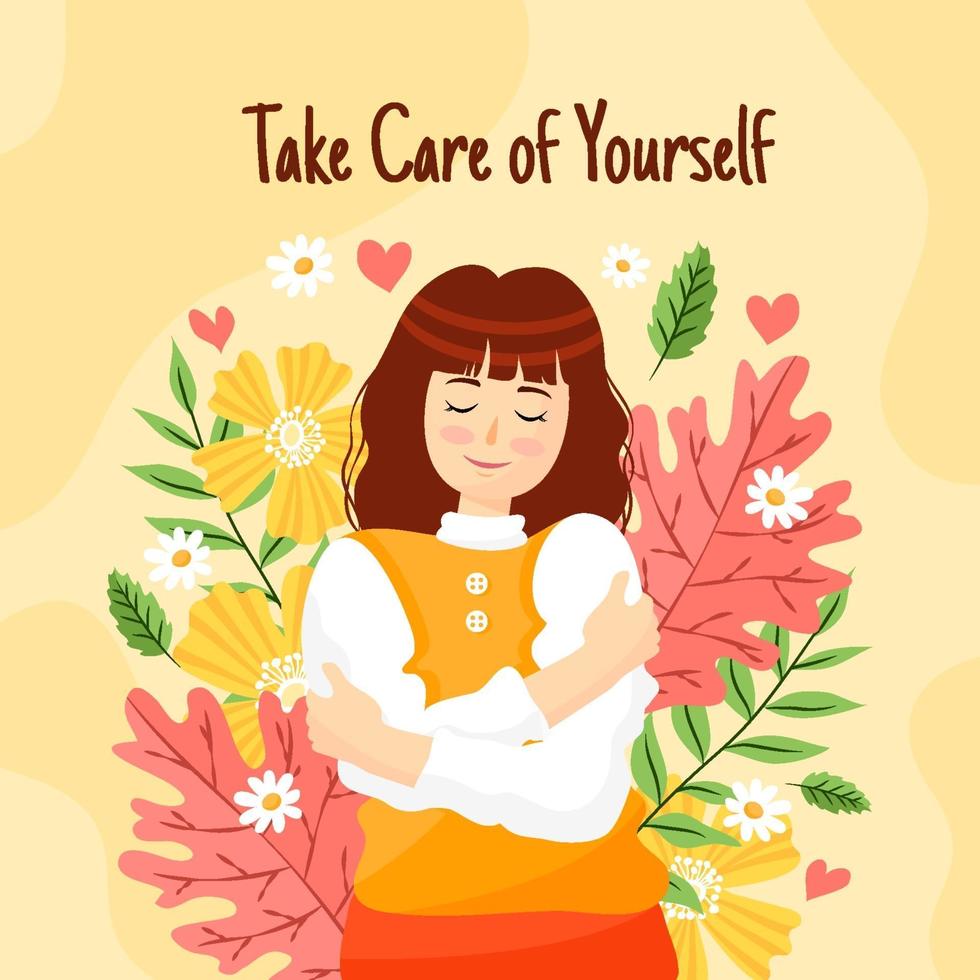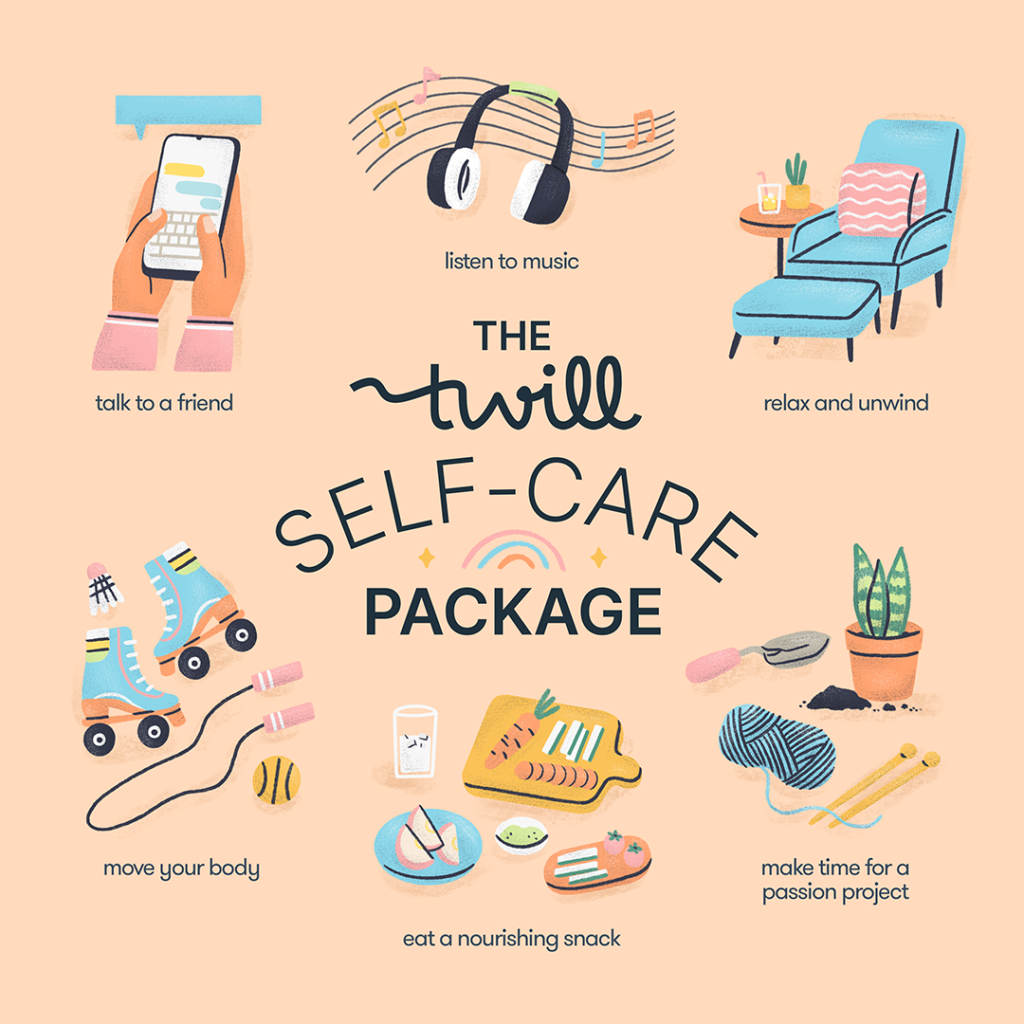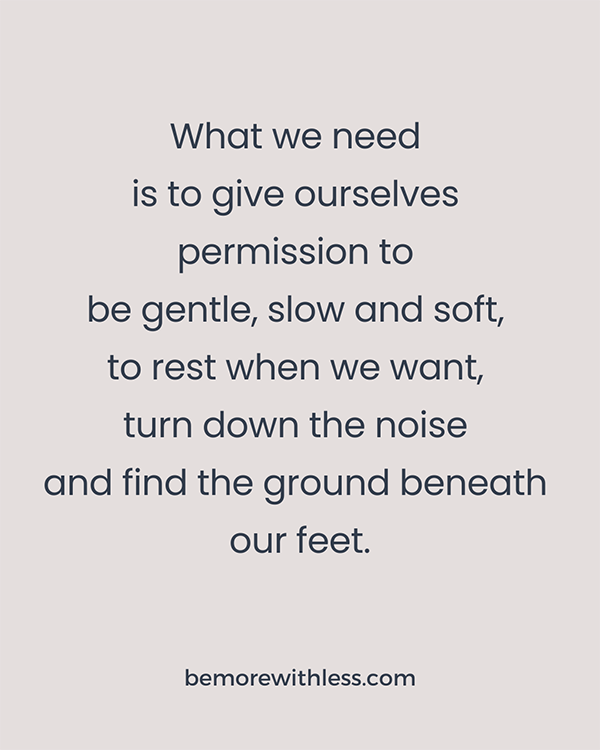How to Create a Personalized selfcare Routine
In today’s fast-paced world, selfcare has become a buzzword. However, it goes beyond just pampering yourself; it’s about building a healthier relationship with your mind and body. selfcare is essential for maintaining balance, boosting mental health, and improving overall well-being. Whether you’re a busy professional or a stay-at-home parent, taking time for self-care can transform your life. Let’s dive into the importance of self-care, explore practical ideas, and understand how you can regain control over your life.

Definition of Self-Care
Self-care is the deliberate act of preserving or improving one’s mental, physical, and emotional health. It involves activities that help you relax, recharge, and enhance your overall quality of life. The World Health Organization (WHO) defines self-care as the ability of individuals, families, and communities to promote health, prevent disease, and cope with illness without the help of a healthcare provider.
In simple terms, self-care is all about recognizing your needs and taking action to meet them. It’s about permitting selfcare yourself to rest when you’re exhausted, eat nutritious food when you’re hungry, and seek comfort during stressful times. Self-care is not a luxury—it’s a necessity.
Define Self-Care
Simply put, self-care is anything you do intentionally to care for your physical, mental, and emotional health. It is an active and conscious choice to engage in activities that bring peace and joy into your life. Often, people misconstrue self-care as being selfish or indulgent, but in reality, it’s about self-preservation. It’s the foundation that allows you to function at your best and handle stress effectively.
Think of self-care as a process selfcare of recharging your internal battery. When you’re constantly on the go without taking time for yourself, you drain your energy reserves, which can lead to burnout, anxiety, and a range of health issues.
Self-Care Ideas
Implementing self-care doesn’t have to be time-consuming or expensive. Here are some easy self-care ideas that you can incorporate into your daily life:
- Physical Self-Care:
- Exercise Regularly: Physical activity releases endorphins, which can boost your mood and relieve stress.
- Get Enough Sleep: Aim selfcare for 7-8 hours of sleep each night to allow your body to rest and recover.
- Healthy Eating: Incorporate more fruits, vegetables, and whole grains into your diet.
- Hydrate: Drinking plenty of water helps improve your mood and energy levels.
- Mental Self-Care:
- Meditate: Spend a few minutes every day in meditation to calm your mind and reduce anxiety.
- Read a Book: Engage in reading to stimulate your mind and learn new things.
- Journaling: Write down your thoughts and feelings to gain clarity and self-awareness.
- Emotional Self-Care:
- Practice Gratitude: Take a moment every day to reflect on things you’re thankful for.
- Talk to a Friend: Connecting with loved ones can help lift your mood and provide emotional support.
- Set Boundaries: Learn to say no and protect your time.
- Spiritual Self-Care:
- Mindfulness Practices: Engage in yoga or deep breathing exercises.
- Spend Time in Nature: Go for a walk in the park or sit by a lake to feel connected to the earth.
- Seek Inspiration: Listen to uplifting podcasts or music that nurtures your spirit.
Self-Care Activities
It’s easy to get caught up selfcare in the hustle and bustle of everyday life, leaving little room for self-care activities. However, prioritizing self-care is crucial for maintaining your well-being. Here are some activities to help you practice self-care effectively:

- Morning Ritual: Start selfcare your day with a calming morning routine. This could be as simple as sipping tea while enjoying the sunrise or stretching your body to prepare for the day.
- Digital Detox: Disconnect from your devices for a few hours each day. This will give your mind a break from the constant influx of information and help you focus on the present moment.
- Creative Outlets: Engage in activities like painting, writing, or playing an instrument. Creative expression can be a powerful form of emotional release.
- Pamper Yourself: Take a relaxing bath, book a massage, or treat yourself to a spa day. These activities can help rejuvenate your body and mind.
- Plan a Solo Date: Spend time with yourself. Go to a coffee shop, watch a movie alone, or take yourself out to dinner. It’s a great way to enjoy your own company and understand your needs better.
Self-Motivation
Staying motivated to practice selfcare self-care can be challenging, especially when life gets hectic. Self-motivation plays a significant role in making self-care a regular habit. Here’s how you can boost your self-motivation:
- Set Clear Goals: Define what self-care means to you and set achievable goals. It could be as simple as walking for 30 minutes a day or meditating for 10 minutes in the morning.
- Create a Routine: Make self-care selfcare a non-negotiable part of your daily routine. Schedule time for it just as you would for any other important activity.
- Track Your Progress: Keep a self-care journal or use an app to track your activities. Seeing your progress can be a great motivator.
- Reward Yourself: Celebrate your small wins. If you’ve managed to stick to your self-care routine for a week, reward yourself with something special.
- Positive Affirmations: Use positive affirmations to reinforce your self-worth. Tell yourself, “I deserve to take care of myself,” or “Taking time for me is important.”
How to Get a Grip on Your Life Through Self-Care
When life feels chaotic and out of control, it’s easy to neglect self-care. However, it’s precisely during these selfcare times that self-care is most crucial. Here’s how you can regain control of your life through self-care:
- Identify Stress Triggers: Take a moment to reflect on what’s causing you stress. Once you identify the triggers, you can take proactive steps to address them.
- Prioritize Your Needs: Often, we put others’ needs before our own, leading to burnout. Make a list of your selfcare priorities and include self-care as a top priority.
- Practice Mindfulness: Mindfulness helps selfcare you stay present and fully engaged in your activities, reducing the feeling of overwhelm.
- Develop Healthy Habits: Establish small, selfcare manageable habits that can help stabilize your life. This could include going to bed at the same time every night, exercising regularly, or meal-prepping for the week.
- Seek Support: Don’t hesitate to ask for help. Whether it’s talking to a friend, seeking professional counseling, or selfcare joining a support group, reaching out can provide immense relief.
The Importance of Self-Care for a Balanced Life
Incorporating self-care into your life is a powerful way to enhance your physical health, emotional well-being, and selfcare overall happiness. It’s about taking the time to listen to your body, nurture your soul, and fulfill your needs. When you practice self-care consistently, you build resilience against life’s challenges and develop a stronger, healthier version of yourself.
Remember, self-care isn’t a one-time activity—it’s selfcare a lifelong commitment to taking care of yourself. Start small, make it a habit, and watch how it transforms your life. You deserve the best care, and that begins with you.
By prioritizing self-care, you’re not only improving your own quality of life but also setting an example for those around you. So, embrace self-care and take the first step towards a happier, healthier, and more fulfilling life.

1. What is self-care, and why is it important?
Self-care refers to the practice of taking action to preserve or improve one’s mental, physical, and emotional well-being. It is crucial because it helps reduce stress, boosts mental health, enhances physical health, and improves overall life satisfaction. By prioritizing self-care, you can prevent burnout, improve your resilience, and maintain a better balance in your personal and professional life.
2. How can I start incorporating self-care into my daily routine?
Begin by setting aside a few minutes each day for activities that help you relax and recharge. This could include meditation, journaling, exercise, or simply taking a walk in nature. Establish a consistent routine, listen to your body’s needs, and choose activities that make you feel good. Remember, self-care doesn’t have to be time-consuming—it can be as simple as taking deep breaths or enjoying a cup of tea in silence.
3. Is self-care the same for everyone?
No, self-care is highly individual and can look different for each person. What works for one person may not work for another. Some may find exercise or a creative hobby relaxing, while others might prefer reading, cooking, or socializing. It’s about discovering what activities help you feel recharged and prioritizing them regularly.
4. Can self-care be effective even if I have a busy schedule?
Yes, self-care can be effective even with a busy schedule. The key is to integrate small, mindful activities into your day rather than dedicating large amounts of time. For example, taking short breaks to stretch, practicing deep breathing, or spending a few minutes reflecting on your thoughts can make a big difference. The quality of self-care matters more than the quantity
5. What are some self-care practices for better mental health?
For better mental health, consider practices like meditation, mindfulness, journaling, and deep breathing exercises. Staying connected with loved ones, maintaining a balanced diet, and getting enough sleep also contribute to mental well-being. Setting boundaries, saying no when needed, and seeking professional help when overwhelmed are also vital aspects of mental self-care







